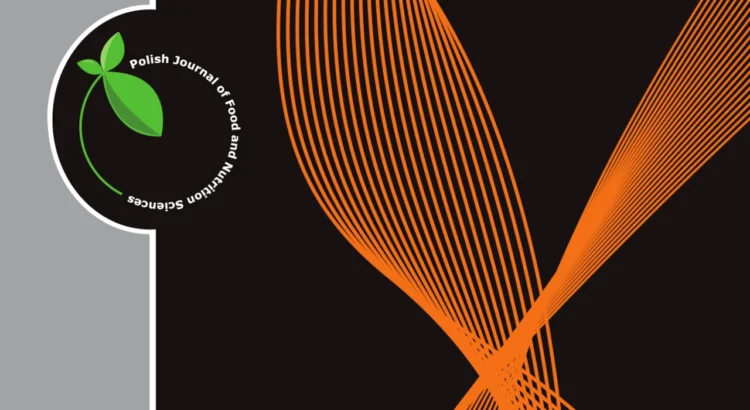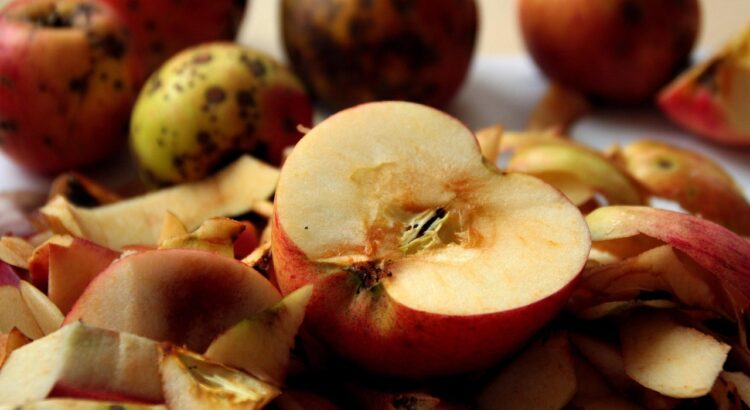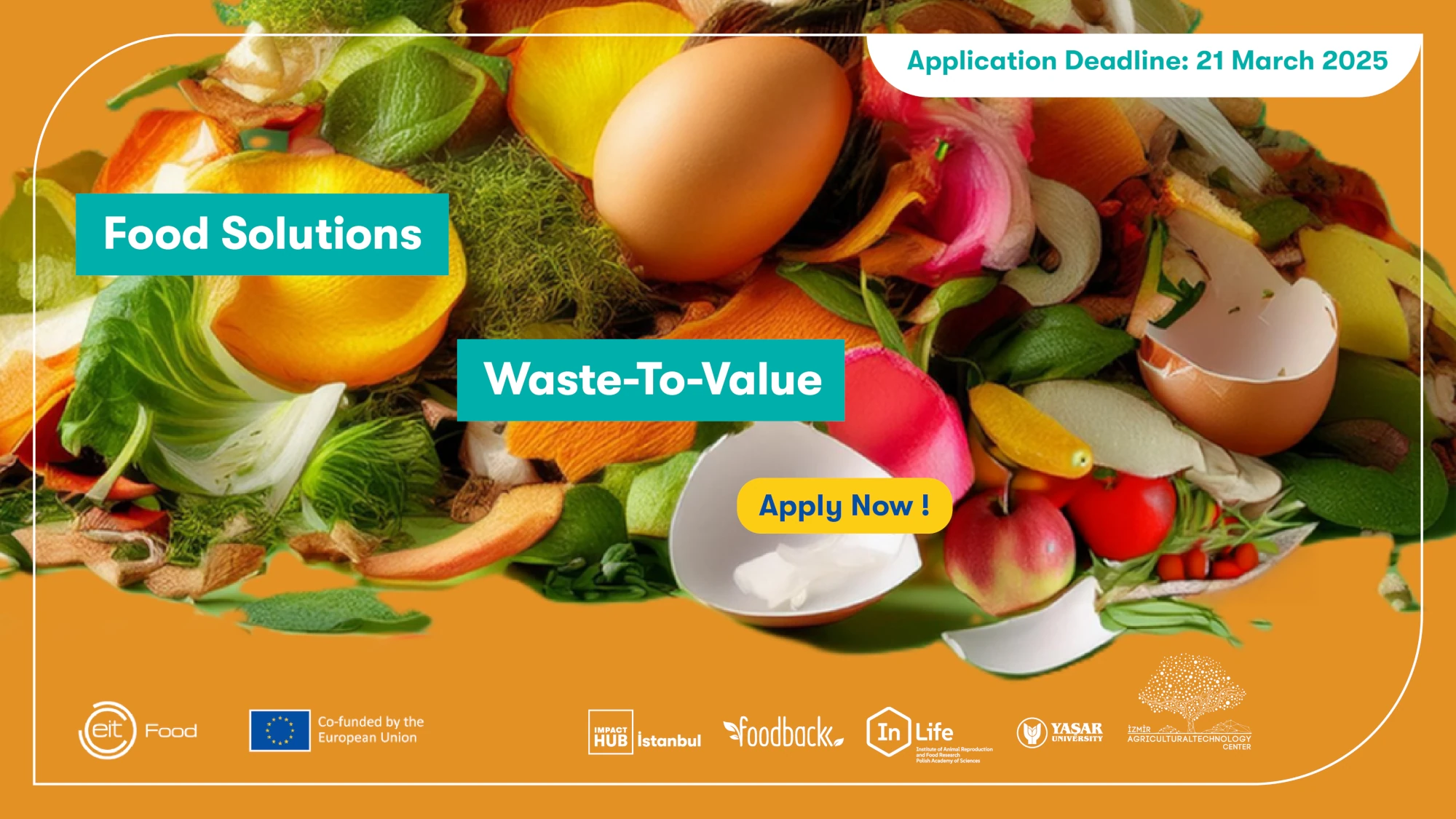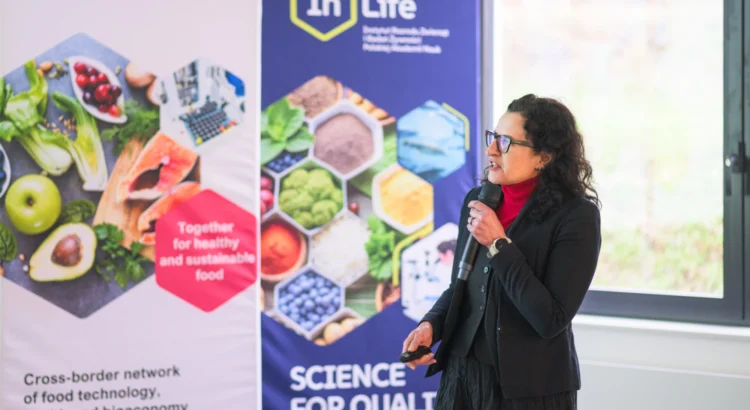Zakres obowiązków obejmuje w szczególności:
- Realizacja projektów edukacyjnych zgodnie z wytycznymi i harmonogramem;
- Organizacja spotkań edukacyjnych i wydarzeń popularyzujących naukę oraz szkoleń;
- Nadzór nad pracą podwykonawców/wykładowców/ trenerów;
- Obsługa merytoryczna, administracyjna i logistyczna;
- Przygotowywanie dokumentacji projektowej, w tym planów, raportów i analiz;
- Zarządzanie budżetem projektów, kontrolowanie kosztów i alokacja zasobów;
- Współpraca z zespołem projektowym oraz zewnętrznymi interesariuszami;
- Monitorowanie postępów realizacji projektów oraz wprowadzanie ewentualnych usprawnień;
- Przygotowywanie prezentacji i materiałów edukacyjnych;
- Przeprowadzanie ewaluacji projektów i przygotowywanie raportów podsumowujących.
Nasze wymagania:
- Doświadczenie z realizacji projektów edukacyjnych dofinansowanych ze środków zewnętrznych;
- Doświadczenie w organizacji wydarzeń (szkolenia, konferencje, warsztaty);
- Bardzo dobra znajomość języka angielskiego w mowie i piśmie;
- Samodzielność, dokładność i elastyczność w realizacji zadań;
- Umiejętność planowania i organizacji;
- Umiejętność pracy pod presją czasu;
- Nastawienie na pracę zespołową;
- Biegła obsługa pakietu MS Office (w tym Excel, PowerPoint, Word).
Mile widziane:
- Umiejętność obsługi Canva i/lub Adobe Photoshop;
- Wykształcenie wyższe.
To oferujemy:
- Zatrudnienie w oparciu o umowę o pracę (umowa do 31.12.2025);
- Możliwość okazjonalnej pracy zdalnej;
- Możliwość rozwoju zawodowego i podnoszenia kwalifikacji;
- Możliwość rozwoju osobistego poprzez szkolenia wewnętrzne;
- Dostęp do platformy nauki języka angielskiego;
- Dofinansowanie do sportu (Multisport).
Dokumenty aplikacyjne wymagane od kandydatów:
- CV;
- list motywacyjny.
Zgłoszenia do konkursu należy przesłać na adres: m.cieslik@pan.olsztyn.pl.
Instytut Rozrodu Zwierząt Badań Żywności PAN,
Dział kadrowo-płacowy
ul. Trylińskiego 18,
10-683 Olsztyn
Termin składania dokumentów upływa w dniu 30.03.2025 r.
Po dokonaniu analizy nadesłanych zgłoszeń, skontaktujemy się z wybranymi kandydatami celem przeprowadzenia dalszych etapów procesu rekrutacji.
W CV prosimy o umieszczenie klauzuli zgody na przetwarzanie przez nas danych osobowych w procesie rekrutacji:
„Wyrażam zgodę na przetwarzanie moich danych osobowych zawartych w dokumentach aplikacyjnych przez Instytut Rozrodu Zwierząt i Badań Żywności PAN w Olsztynie z siedzibą 10-683 Olsztyn ul. Trylińskiego 18, w celu realizacji procesu rekrutacji wraz z publikacją na stronie internetowej Instytutu pełnych wyników konkursu.”
Klauzula informacyjna:
- Administratorem danych osobowych przetwarzanych w ramach procesu rekrutacji jest Instytut Rozrodu Zwierząt i Badań Żywności PAN w Olsztynie z siedzibą 10-683 Olsztyn ul. Trylińskiego 18, tel. 89 500 32 00,
e-mail: instytut@pan.olsztyn.pl. - Kontakt z inspektorem ochrony danych osobowych jest możliwy pod adresem: iodo@pan.olsztyn.pl
- Podane dane osobowe przetwarzane będą w celu realizacji obecnego procesu rekrutacji i przechowywane do czasu jego zakończenia na podstawie wyrażonej zgody (zgodnie z art. 6 ust. 1 lit. a RODO).
- Osobie której dane dotyczą przysługuje prawo do cofnięcia zgody w dowolnym momencie bez wpływu na zgodność z prawem przetwarzania, którego dokonano na podstawie zgody przed jej cofnięciem.
- Osobie, której dane dotyczą przysługuje prawo dostępu do swoich danych osobowych, żądania ich sprostowania lub usunięcia. Wniesienie żądania usunięcia danych jest równoznaczne z rezygnacją z udziału w procesie niniejszej rekrutacji. Ponadto przysługuje jej prawo do żądania ograniczenia przetwarzania w przypadkach określonych w art. 18 RODO.
- Osobie, której dane dotyczą, przysługuje prawo do wniesienia skargi do prezesa Urzędu Ochrony Danych Osobowych na niezgodne z prawem przetwarzanie jej danych osobowych. Organ ten będzie właściwy do rozpatrzenia skargi z tym, że prawo wniesienia skargi dotyczy wyłącznie zgodności z prawem przetwarzania danych osobowych, nie dotyczy zaś przebiegu rekrutacji.
- Dane udostępnione nie będą podlegały profilowaniu ani udostępnieniu podmiotom czy państwom trzecim. Odbiorcami danych mogą być instytucje upoważnione z mocy prawa.
- Podanie danych zawartych w dokumentach rekrutacyjnych nie jest obowiązkowe, jednak jest warunkiem koniecznym do udziału w procesie rekrutacji.








